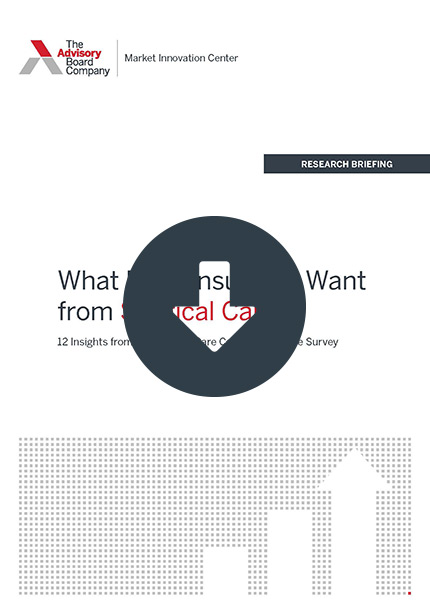Auto logout in seconds.
Continue LogoutThe number of sex-reassignment surgeries in the United States increased fourfold from 2000 to 2014, as more public and private insurance plans began covering the procedure, according to a first-of-its-kind study published Wednesday in JAMA.
Study details
For the study, researchers from Harvard University and John Hopkins University School of Medicine analyzed National Inpatient Sample data from 2000 to 2014 to examine the incidence of and trends in sex-reassignment surgery and coverage.
The researchers said the study is the first to "broadly evaluat[e] … national temporal trends in [sex-reassignment] surgery for transgender patients in the United States.
Findings
Over the study period, the researchers found diagnoses of transsexualism (TS) or gender identity disorder increased more than threefold from a rate of 3.87 per 100,000 patients in 2000 to 14.22 per 100,000 patients in 2014. Among those patients, the researchers found 4,118—or 10.9% of such visits—involved sex-reassignment surgery. A sub-analysis showed genital-only procedures accounted for the majority of all sex-reassignment procedures, and that the share of genital-only procedures rose from 72% of all sex-reassignment procedures from 2000 to 2005 to 83.9% from 2006 to 2011.
Of the patients undergoing genital-only surgery, the researchers found about half—50.8%—were uninsured in 2000-2005, rising to 65.8% in 2006-2011.
However, when comparing annual data from 2012 to 2014, the researchers found the percentages of patients self-paying for sex-reassignment surgery declined over time, from 53% in 2012 to 39.4% in 2014.
The authors attributed the reversal in part to Medicare's decision in May 2014 to lift a coverage ban on transgender surgeries. According to the study, the share of patients seeking sex-reassignment procedures who were covered by Medicare or Medicaid increased from 25% in 2012-2013 to 70% in 2014, representing a three-fold increase over the three-year period.
The researchers wrote, "These data … support the hypothesis that after [CMS] began covering transition-related services for patients covered by Medicare in 2014 more transgender individuals enrolled in these health programs." The researchers continued, "This expansion of coverage may represent an important first step in enabling transgender patients to access previously unaffordable, yet necessary, [sex-reassignment] care. In addition, the implementation of the Affordable Care Act in 2014 may have had a role in this increase."
The study authors concluded, "Future efforts should improve gender identity data collection in health care settings and mandate reporting to ensure that [sex-reassignment] care can be assessed."
Brandyn Lau, an assistant professor at the Johns Hopkins University School of Medicine who was involved in the study, said, "Early on we recognized there's been a lot of work on health disparities having to do with age, race, and so on that get collected in health care settings." Lau said, "One of the things we need to know is whether (lesbian, gay, and transgender) patients are getting the same care" (Ellis Nutt, "To Your Health," Washington Post, 2/28; Minerd, MedPage Today, 2/28; Canner et al., JAMA, 2/28).
Wednesday: Learn the key health care trends to watch for in 2018
Join our webconference this Wednesday at 3 pm ET to learn about the most important forces shaping the health care industry in 2018—including payment reform, policy changes, consumer purchasing decisions, new service sites, and more.
Don't miss out on the latest Advisory Board insights
Create your free account to access 1 resource, including the latest research and webinars.
Want access without creating an account?
You have 1 free members-only resource remaining this month.
1 free members-only resources remaining
1 free members-only resources remaining
You've reached your limit of free insights
Become a member to access all of Advisory Board's resources, events, and experts
Never miss out on the latest innovative health care content tailored to you.
Benefits include:
You've reached your limit of free insights
Become a member to access all of Advisory Board's resources, events, and experts
Never miss out on the latest innovative health care content tailored to you.
Benefits include:
This content is available through your Curated Research partnership with Advisory Board. Click on ‘view this resource’ to read the full piece
Email ask@advisory.com to learn more
Click on ‘Become a Member’ to learn about the benefits of a Full-Access partnership with Advisory Board
Never miss out on the latest innovative health care content tailored to you.
Benefits Include:
This is for members only. Learn more.
Click on ‘Become a Member’ to learn about the benefits of a Full-Access partnership with Advisory Board
Never miss out on the latest innovative health care content tailored to you.

